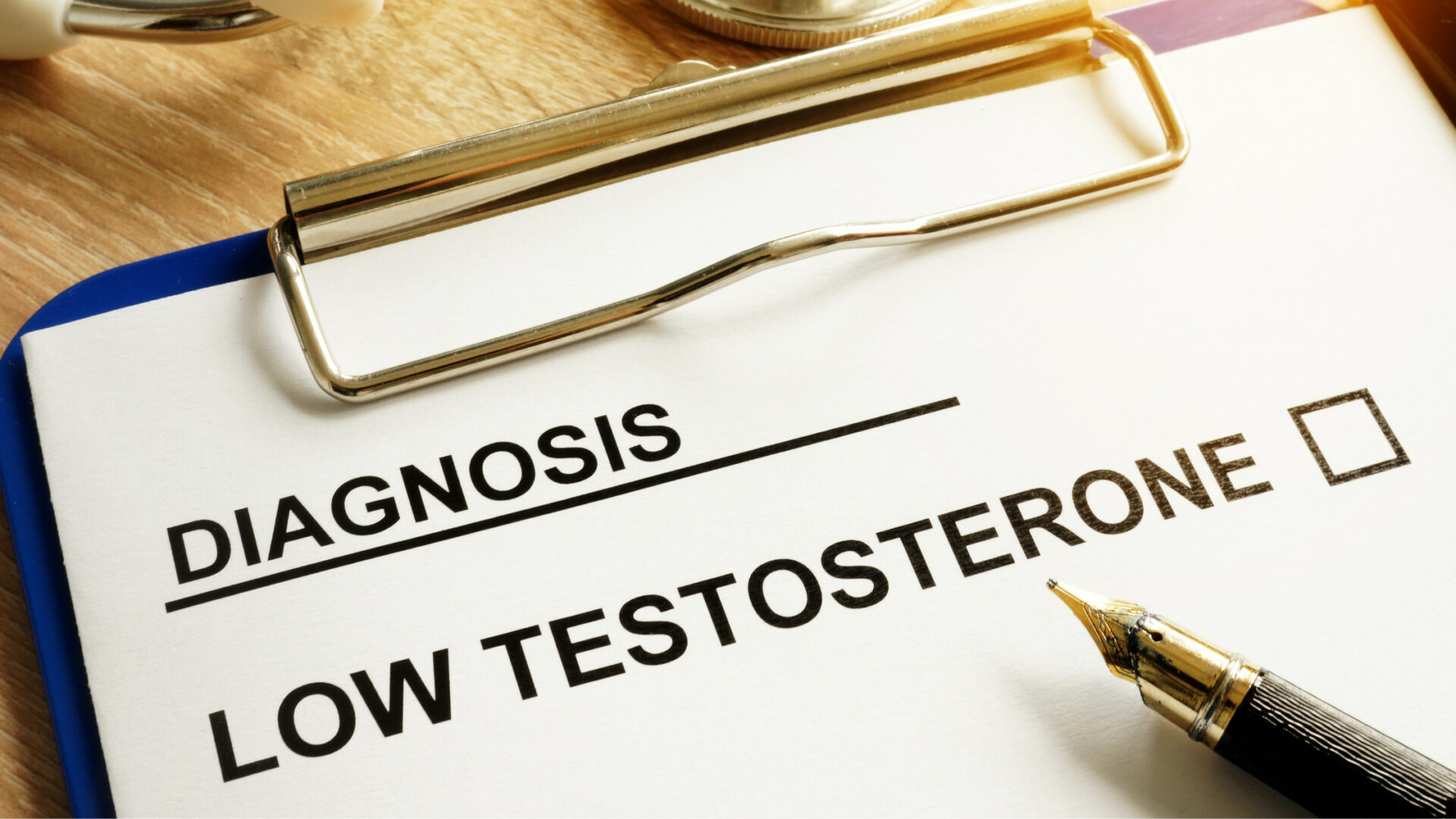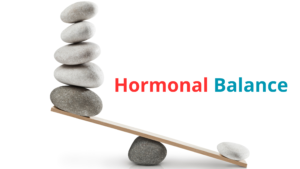In the fast-paced world we live in, health often takes a back seat amidst our hectic schedules, and male hormone issues are no exception. While many health issues are discussed openly, male hormone issues often remain shrouded in silence. This article aims to unveil the silent battle that many men face concerning their hormones in 2024. We’ll delve into the intricacies of male hormone imbalances, explore the signs and symptoms, and provide insights into how individuals can take charge of their hormonal health.
Table of Contents
The Basics: Understanding Male Hormones
Male hormones, with testosterone at the forefront, serve as the foundation for various bodily functions. Testosterone plays a pivotal role in shaping physical and mental well-being in men.
At its core, testosterone influences muscle development, bone density, and the distribution of body fat. Beyond the physical, it significantly impacts mood, energy levels, and even cognitive functions.
Understanding male hormones involves recognizing that imbalances in testosterone levels can lead to a range of issues. These may manifest as fatigue, irritability, changes in sleep patterns, and alterations in muscle mass.
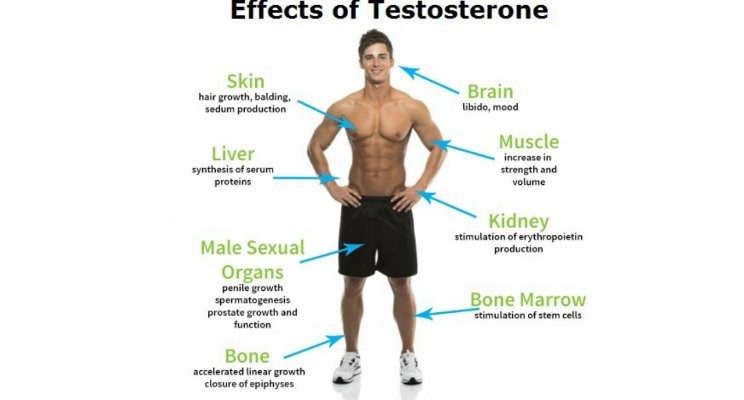
Recognizing the Signs of Hormonal Imbalance
Understanding the subtle indicators of male hormone imbalance is crucial for timely intervention and improved well-being. Here are key signs to watch out for:
- Fatigue: Persistent tiredness or a sudden drop in energy levels can be an early sign of hormonal imbalance. If fatigue becomes a regular companion, it’s time to consider a closer look at your hormonal health.
- Irritability: Unexplained mood swings and heightened irritability may indicate hormonal fluctuations. Recognizing these emotional changes is essential for understanding the underlying issues affecting your well-being.
- Sleep Patterns: Disruptions in sleep, such as insomnia or restless nights, can be linked to hormonal imbalance. Pay attention to changes in your sleep routine and consult with a healthcare professional if issues persist.
- Muscle Mass Changes: Noticeable alterations in muscle mass, including unexpected loss or gain, could be a result of hormonal shifts. Regularly assess your physique to identify any significant changes.
- Body Fat Distribution: Hormonal imbalances can influence fat distribution, leading to changes in body composition. Keep an eye on unusual fat accumulation, especially around the abdomen, and consider it a potential sign.
- Sexual Function Changes: Changes in libido, erectile dysfunction, or other disruptions in sexual function may point to hormonal issues. It’s essential to address these changes openly and seek professional advice when needed.

Common Causes of Male Hormone Imbalances
Male hormone imbalances, commonly known as hormone imbalances, can stem from various factors, affecting both physical and mental well-being. One primary cause is chronic stress, which triggers the release of cortisol, a hormone that, when elevated over extended periods, can disrupt the delicate balance of male hormones.
Another contributing factor is a sedentary lifestyle. Lack of physical activity not only leads to weight gain but also hampers hormonal regulation. Regular exercise, particularly strength training and cardiovascular activities, is crucial in maintaining a healthy hormonal balance.
Poor dietary choices play a significant role as well. Diets rich in processed foods and sugars can contribute to hormone imbalances, impacting testosterone levels negatively. On the contrary, a well-balanced diet with essential nutrients like vitamin D and zinc supports optimal hormonal health.
Medical conditions such as hypogonadism and thyroid disorders can also lead to hormone imbalances. Addressing these underlying health issues with proper medical guidance is essential for restoring hormonal equilibrium.
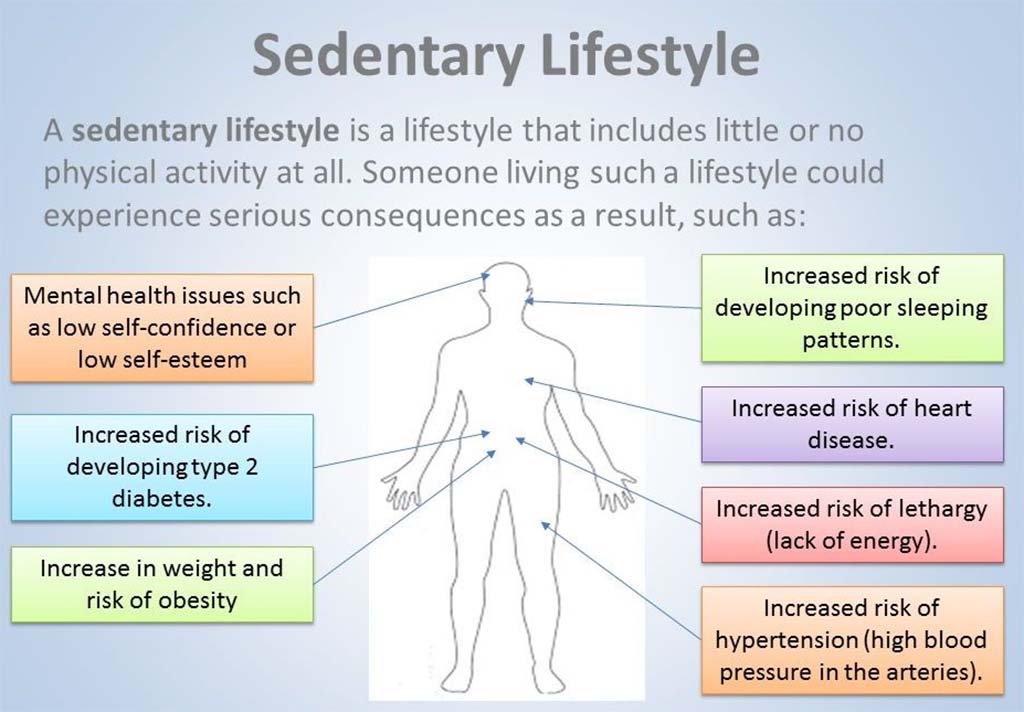
The Role of Nutrition in Hormonal Health
In the realm of hormonal health, the role of nutrition is pivotal, directly influencing the delicate balance within our bodies. A significant aspect that warrants attention is the impact of nutrition on preventing and addressing hormone imbalances.
Our modern diets, often laden with processed foods and lacking essential nutrients, contribute to disruptions in hormonal equilibrium. These imbalances can manifest as various health issues, affecting both men and women. Understanding the connection between nutrition and hormone imbalance is crucial for maintaining overall well-being.
Essential nutrients like vitamin D, zinc, and omega-3 fatty acids play a vital role in supporting hormonal health. Vitamin D, often referred to as the “sunshine vitamin,” is instrumental in regulating hormones, including testosterone. Zinc, found in abundance in foods like nuts and seeds, contributes to the production and balance of various hormones. Omega-3 fatty acids, commonly found in fatty fish, are known for their anti-inflammatory properties, positively influencing hormonal processes.
Conversely, diets high in processed foods, sugars, and unhealthy fats can contribute to hormone imbalances. Excessive consumption of these substances may lead to insulin resistance, disrupting the delicate interplay of hormones in the body.
Exercise as a Hormonal Regulator
Exercise serves as a potent regulator in the intricate balance of hormones within our bodies, playing a crucial role in mitigating hormone imbalances. Regular physical activity, encompassing both strength training and cardiovascular exercises, contributes significantly to hormonal well-being.
When we engage in exercise, our bodies experience various physiological changes. One notable impact is the reduction of cortisol levels, the hormone associated with stress. Elevated cortisol levels are often linked to hormone imbalances, and exercise acts as a natural countermeasure, helping to maintain hormonal equilibrium.
Moreover, consistent physical activity promotes the production of endorphins, often referred to as “feel-good” hormones. These endorphins not only enhance mood but also contribute to overall hormonal harmony. Individuals experiencing hormone imbalances, characterized by symptoms like fatigue, irritability, or sleep disturbances, can find relief through the positive effects of exercise on hormonal regulation.

Seeking Professional Guidance: Hormone Issues Therapy Options
For those facing persistent hormonal issues, seeking professional guidance is paramount. Hormone therapy, under the supervision of qualified healthcare professionals, can be a viable option. Testosterone replacement therapy is one such approach that aims to restore hormonal balance, enhancing overall well-being. However, it’s crucial to undergo thorough assessments and consultations before considering such interventions.
Empowering Men: Breaking the Silence
Empowering men to confront the often-overlooked issue of hormone imbalance involves breaking the prevailing silence surrounding this health concern. In a world where open discussions about health are gaining momentum, hormone imbalance in men remains a subject veiled in quietude. Understanding the impact of hormonal shifts and fostering awareness is crucial to dismantle the stigma associated with this condition.
Addressing hormone imbalance is not just about acknowledging its existence but also about initiating open conversations. These dialogues can take place in various settings, from healthcare providers’ offices to community forums. By encouraging men to share their experiences and concerns, we contribute to a culture of openness and understanding.
Moreover, educational campaigns aimed at dispelling myths and misconceptions surrounding hormone imbalance are crucial. These campaigns can utilize various media, including social platforms, to reach a wide audience. Simple yet informative graphics and engaging videos can effectively communicate the impact of hormone imbalance on men’s overall well-being.
In conclusion, breaking the silence on hormone imbalance involves creating an environment where men feel empowered to discuss their health openly.
The Future of Male Hormonal Health
In recent years, discussions around hormone imbalance in men have gained significant traction. Understanding the implications and addressing this concern is crucial for the future of male hormonal health. Hormones play a pivotal role in various bodily functions, affecting everything from mood and energy levels to muscle development and sexual function.
As we explore the future of male hormonal health, it becomes evident that awareness and proactive measures are paramount. One promising avenue lies in the development of supplements designed to address hormone imbalances. These supplements, formulated with precision and backed by scientific research, aim to provide a natural and effective way to support hormonal health.
The supplement industry is witnessing innovations catering specifically to male hormonal health. These products often contain key ingredients known for their positive impact on hormone levels.
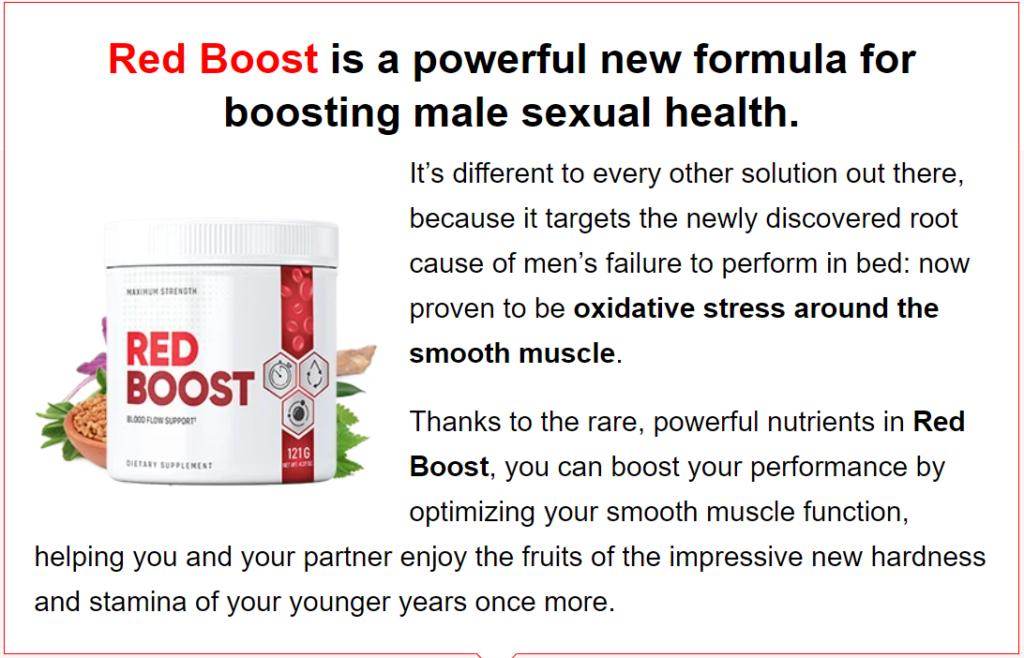
The future of male hormonal health holds promise with the evolution of supplements targeting hormone imbalances. By combining informative content with visual aids, we can empower individuals to make informed choices regarding their well-being. As the landscape of hormonal health advances, fostering awareness and embracing comprehensive solutions will undoubtedly shape a healthier future for men.
Conclusion: Taking Charge of Your Hormonal Well-being
In conclusion, taking charge of your hormonal well-being is crucial, especially when faced with the challenges of hormone imbalance. Understanding the signs and symptoms is the first step towards a healthier you.
Recognizing the subtle indicators such as fatigue, irritability, and changes in sleep patterns can be instrumental in early detection. If you notice alterations in muscle mass, body fat distribution, or sexual function, it’s essential to address these changes promptly.
A balanced diet, rich in vitamin D, zinc, and omega-3 fatty acids, plays a pivotal role in supporting hormonal health. Likewise, engaging in regular physical activity, including both strength training and cardiovascular exercises, can act as a natural regulator for hormonal imbalances.
When considering professional guidance, hormone therapy options, such as testosterone replacement therapy, can be explored under the supervision of qualified healthcare professionals. This tailored approach aims to restore hormonal balance and enhance overall well-being.
Breaking the silence surrounding hormone imbalance is vital for empowering individuals. Open conversations, routine health check-ups, and awareness campaigns contribute to fostering a proactive approach to hormonal well-being.


